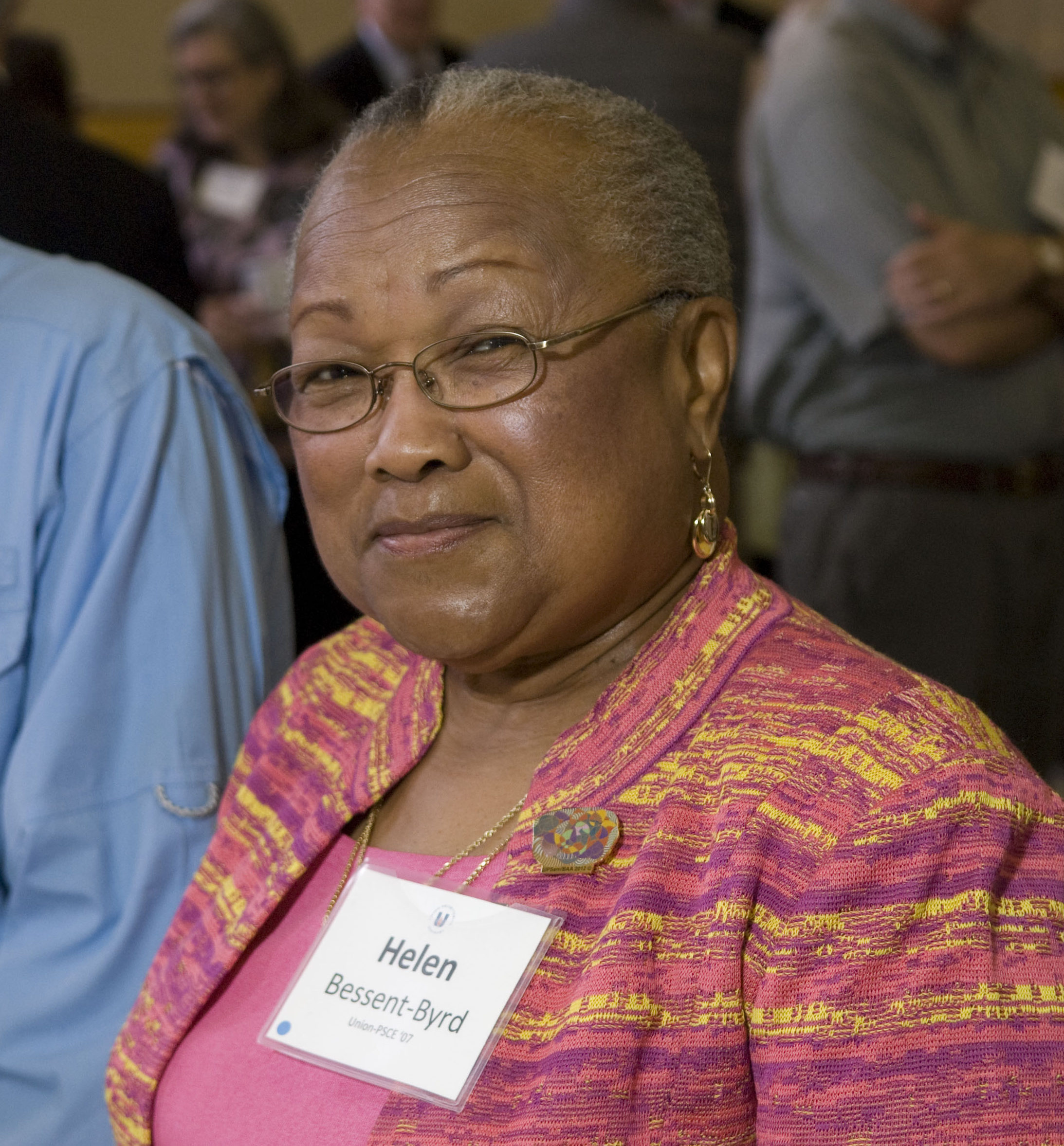Practicing Radical Acts of Kindness

By Rev. Dr. Helen Bessent Byrd, (Union-PSCE, M.Div’07)
Whoever welcomes you welcomes me, and whoever welcomes me welcomes the one who sent me. And whoever gives even a cup of cold water to one of these little ones in the name of a disciple—truly I tell you, none of these will lose their reward. (Matthew 10:40, 42)
The statements by Jesus in Matthew 10:40, 42 make a powerful claim about the identification of believers with Jesus and, and in turn, with God. Hospitality among the Biblical Jewish culture was significant. Extending a cordial welcome to others into your home was of utmost importance. Their practice called shaliah was that the messenger was treated as if he were the person who sent him. Jesus said in Matthew 18:5, “Whoever welcomes one such child in my name welcomes me” and in Hebrews 13:2, he said, “Do not neglect to show hospitality to strangers, for by doing that some have entertained angels without knowing it.”
Just as Jesus taught the apostles, so he teaches us today to practice kindness or hospitality. We should see people as Jesus sees them and see Jesus in people that God brings into our presence. Followers of Jesus are urged to be merciful and helpful to everyone who is in need. We are encouraged to, “guard within yourself that treasure, kindness. Know how to give without hesitation, how to lose without regret and how to acquire without meanness. Know how to replace in your heart by the happiness of those you love, the happiness that may be wanting to yourself” (George Sand). The scripture emphasizes that an act as simple as giving a cup of cold water to a person who is thirsty will be seen by the Lord and will be given approval by God. Such kindness carries its own reward from God.
Jesus’ teaching encourages us to let the love that God has for you and I reflect in our actions. You are important and God showed just how important you are with this tremendous sacrifice. Jesus was a servant and we can reflect that in our own actions. Remember the saying, “I expect to pass through life but once. If therefore, there be any kindness I can show, or any good thing I can do to any fellow-being, let me do it now, and not defer or neglect it, as I shall not pass this way again” (William Penn). Ralph Waldo Emerson said, “You cannot do kindness too soon, for you never know how soon it will be too late.”
Now radical acts of kindness are acts that, “are rooted in the life of Christ and that radiate into the lives of others” (Robert Schnase, p. 17). These acts are more intense in their endeavor to be hospitable and result in practices often called servant evangelism. Every act is important because they all reflect that love that is in us. Jesus tackled ordinary situations in extraordinary ways because all of his actions showed the love of God. He used the usual situations of daily living to show the unusual caring nature of our heavenly Father.
Just as our heavenly Father first loved us and demonstrated service through his Son Jesus, we too can show that love in simple acts of kindness. Accept freely the act of grace that God has bestowed upon you and freely share it with those around you. Reciprocate with simple acts of kindness daily as you pray: Let me be a little kinder; let me be a little blinder to the faults of those about me; let me praise a little more; let me be, when I am weary, just a little bit more cheery; let me serve a little better those that I am striving for (Author Unknown).
Please remember the seminary students who, in the midst of this pandemic, are trying to stay focused on their studies. (See the website for giving opportunities. For tracking purposes, when you give on line, write BAA on the line with your name, and on the memo line if you send a check!)
*Dr. Helen Bessent-Byrd (M.Ed., Temple University ’65; M.Div., Union-PSCE ’07; Ph.D., UConn ’72)








